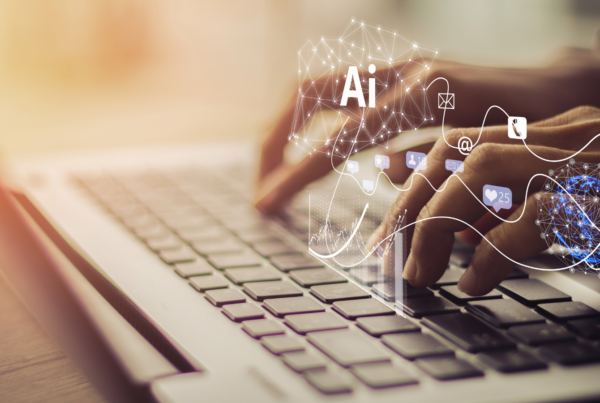A few minutes ago I ran a Google search on an author whose name I wasn’t familiar with. Top hit was Wikipedia, so I clicked the link. Then I saw the splash page that informed me today is the day Wikipedia is blacked out because of the proposed legislation known as SOPA (PIPA is the companion legislation in the Senate side). A few minutes after that a local TV news reporter called to ask if I’d be willing to talk about the proposed legislation. I tried to deflect, but she was desperate so I agreed to help.
Since I took the time to figure out how to explain SOPA/PIPA to a TV audience, I figured I’d put it out here for web readers. I’ll do it in Q&A format to make it track my TV interview (or at least the way I prepared it).
What would SOPA and PIPA do?
Basically, it would give large media companies greater power to sue people who they believe improperly post copyrighted material online.
What’s the problem in a nutshell?
It has a inevitable side-effect of threatening 1st Amendment rights. Why? Well, because it will likely be used unfairly by the powerful media companies. Not always, but often enough to be detrimental to the constitutional rights of many well-meaning citizens who use computers to share information online. When a powerful media company decides to sue it may not always be right, but it almost always has more money and leverage than the average citizen.
In short, SOPA/PIPA increase the odds that people who post content online (or share it, or even link to it) will be wind up getting sued. The only way of decreasing the odds of getting sued is to be ABSOLUTELY SURE. But, “sure of what?” The media companies would say “you must be sure that what you’re posting, or linking to, isn’t copyrighted material.”
Important question: Does your mom, who let’s say has a Facebook page, know anything about copyright law? Even the people who run Wikipedia may not know enough about copyright law to avoid getting sued. So the thing you need to be ABSOLUTELY SURE about is this: that media companies won’t have a different view of copyright law than you have (assuming you have an informed view). If they have a different view then they’ll be motivated to sue, and then it’s “game over” for the small website or Facebook user. And it’s not just websites and Facebook. It’s YouTube, Twitter, Flickr, FourSquare, MySpace (apparently people still use this), and any place that you can post to on the web.
So, large sites like Wikipedia will tend to be overly cautious about what they post and link to. And we’ll see less information, even if the information they restrict is actually protected by the First Amendment. This is what First Amendment lawyers call “a chilling effect.” I’d tell you to look it up on Wikipedia, but it’s down right now for a day of protest. If SOPA/PIPA pass it might be down in worse ways than that.
Update: SOPA/PIPA appear, for now, to have lost critical momentum. On that point, I like Scott Adams’ observation about this temporary defeat: “From my perspective, the Internet defended itself from a virus that came out of Congress.” And as he points out, after citing Maplight, the virus is powered by money which comes out of Hollywood.
Use technology to radically improve your law practice by focusing on the few core elements that have the biggest impact.






